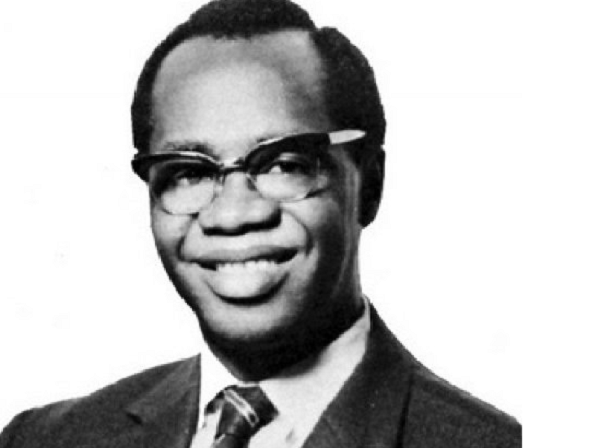
The debt merry-go-round of UP governance!
Today's subject came to mind as I perused the plethora of tributes to the late J.H. Mensah published in this paper and elsewhere since his death last month.
Advertisement
There is a preponderance of the encomiums heaped on J.H. for his technocratic, debt-restructuring negotiation skills.
This is clear in the two United Party (UP)-based governments in which he served in the Second and Fourth Republics. This is worrying for the development trajectory of Ghana, to say the least.
The UP, founded in late 1957 to avoid the original discrete, constituent smaller parties being banned with the passage of the Avoidance of Discrimination Act of 1957, is undoubtedly the precursor of our ruling New Patriotic Party (NPP) of today.
I use the word undoubtedly very carefully, because in 1969 at the formation of the Progress Party (PP), the Leader, former Prime Minister Professor Kofi Busia, said clearly that the PP was a brand new party open to all Ghanaians without any links to the UP he had led from 1957 till its banning upon the successful referendum which ushered in the one-party state of President Nkrumah in 1964.
Distinction
In my opinion, Dr Busia made this distinction to avoid
The devaluation of December 1971 which led to the coup was a consequence of the economic philosophy of the government just as much as the ill-advised appointment and elevation of the soldier, General Acheampong, who eventually overthrew his benefactors. The choice of Acheampong reflected the tensions between the old and the new in the PP.
It is striking that any time parties from the UP tradition gain power, there is always a heavy concentration in public and official messages about the heavy debt burdens placed on the development agenda of the government, whether PP or NPP, by the outgoing regime.
In the case of the PP government, the predecessor regime was the Nkrumah government. Why is this so? And are current plans being unveiled in respect of leveraging our bauxite deposits for substantial loans to finance massive infrastructural schemes
No relationship
Because of the unfortunate interregnum of our military rule past, it is easy to defend by saying that the soldiers prevented the UP tradition from working its magic. But military rule affected both the UP and their opponents in this country equally. None of the Convention People’s Party (CPP) of Dr Nkrumah, the PP of Dr Busia, nor the People’s National Party (PNP) of Dr Limann was ruling hand in glove with the soldiers that overthrew their respective governments.
The other accusation usually hurled in the UP defence is that since the anti- UP formations had had a far longer period than the UP successors in power, the problems of this country, seen only from the debt perspective, must rest with anti-UP parties. This is false and unfortunate.
The CPP, PNP and the National Democratic Congress (NDC) were duly elected and freely chosen by the people of this country to run the country. They did not impose themselves. And in spite of debt, they left us with worthy and enduring legacies.
The fascination with debt instead of development which marked the time in
If the lavish promises which made victory possible for the ruling NPP are anything to go by, then the earlier the crippling narrative of debt constraints was abandoned in favour of the developmental narrative, the better it would be for us Ghanaians and for the tradition the ruling party represents.
Sympathetic historians after 1972 blamed the crippling effects of Nkrumah-era debts for the failure and collapse of the Busia regime, and not their ineffectual response to economic problems the regime encountered.
The historians of today know different, that given time, the narrative of debt and the cardinal necessity of beautiful statistics will not fill the stomachs of the hungry, give jobs to the unemployed or house the homeless.
It is only a deliberate effort to create and increase our national patrimony through a conscious grasping of the mandate to provide



